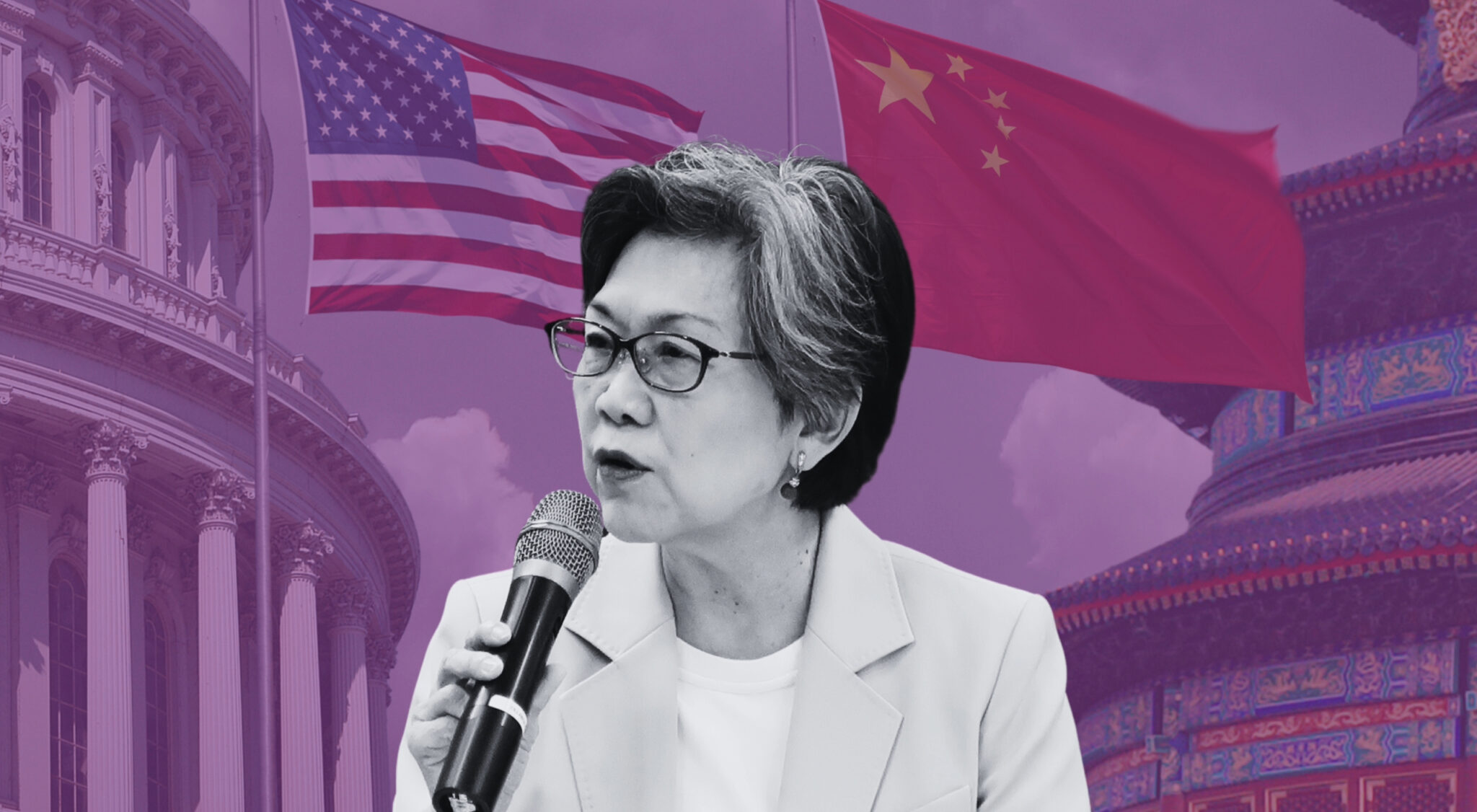The US-China bilateral relationship has emerged as the most consequential in the world. This dynamic not only holds vast implications for the post-Cold War global order, but also places middle and smaller powers in increasing challenging positions, making it difficult for them to remain neutral and avoid taking sides.
Ambassador Chan Heng Chee, Ambassador-at-Large, Ministry of Foreign Affairs Singapore, shared her insights on how Singapore would seek to navigate this increasingly uncertain global environment in a dialogue hosted by the Singapore Institute of International Affairs (SIIA), on 26 August 2024. Associate Professor Simon Tay, Chairman of SIIA, served as moderator for the discussion.
Key takeaways
Singapore holds a unique position in balancing ties between China and the US within the region. Singapore has maintained close economic and political ties with China since the era of Deng Xiaoping’s reforms, while its relationship with the US stretches back to its early post-independence days, long before formal diplomatic relations were established with China.
China understands the history of Singapore’s extensive security partnership with the US and is willing to set up a roadmap for the economic relationship touted as a benchmark for other countries in the region. With the US, cooperation has expanded with a network of free trade agreements and comprehensive sectoral cooperation in critical and emerging technologies, civilian nuclear technology, cybersecurity and space technology. Singapore has candidly advocated for establishing confidence-building mechanisms at international forums between the two parties.
Both sides have claimed they do not pressure Singapore and other regional stakeholders to choose sides, but this is becoming increasingly difficult to avoid. In navigating the US-China dynamic, Singapore ultimately acts in its own interest. As a maritime trading state deeply reliant on global trade, Singapore is a strong proponent of the rule of law and freedom of navigation. Amid growing geopolitical competition, Singapore is a staunch advocate for the observance of free sea lanes. Singapore will participate in initiatives based not on which party is proposing them, but on the benefits to be derived for its own long-term interests. Singapore remains willing to offer a space for mediation and dialogue, maintaining clarity and consistency on rhetoric towards both parties in a manner that maintains its credibility.




